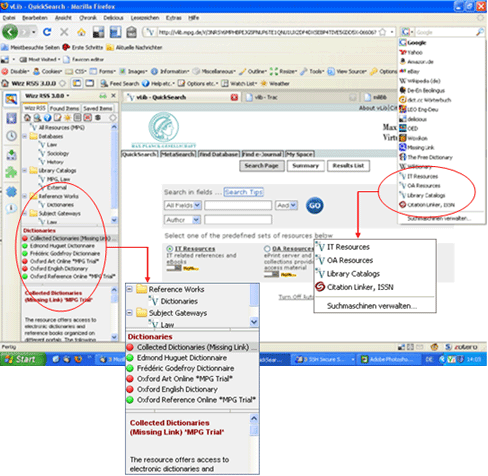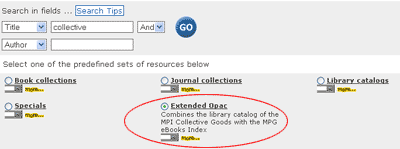Over the last two years, an increasing number of information providers started to offer mobile versions of their platforms or developed specialized applications to access the electronic content. In most cases, users with mobile devices will be automatically redirected to the corresponding version. Access to subscribed content may depend on your IP address, but some providers support remote access via specific measures.
Here you find some further information for selected providers:
- ACS: http://pubs.acs.org/page/tools/acsmobile/index.html
- Artstor: http://help.artstor.org/wiki/index.php/ARTstor_Mobile
- BioOne: http://www.bioone.org/page/resources/mobile
- Cambridge Journals: http://journals.cambridge.org/action/stream?pageId=6248&level=2
- EBSCOHost: http://www.ebscohost.com/academic/mobile-access
- Elsevier (Scopus / ScienceDirect): http://www.info.sciverse.com/sciverse-mobile-applications
- IEEE: http://ieeexplore.ieee.org/mobile
- JSTOR: http://about.jstor.org/support-training/help/jstor-mobile-beta
- Nature: http://www.nature.com/mobileapps/
- Oxford Journals: http://www.oxfordjournals.org/mobile_faqs.html
- Science: http://content.aaas.org/mobile/
- SciFinder: http://www.cas.org/products/scifindr/sfmobile/
- Web of Knowledge: http://wokinfo.com/about/mobile/

 link resolver on two additional information platforms:
link resolver on two additional information platforms:


